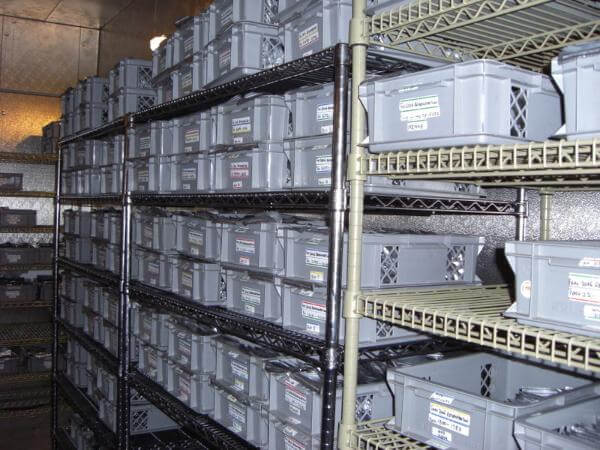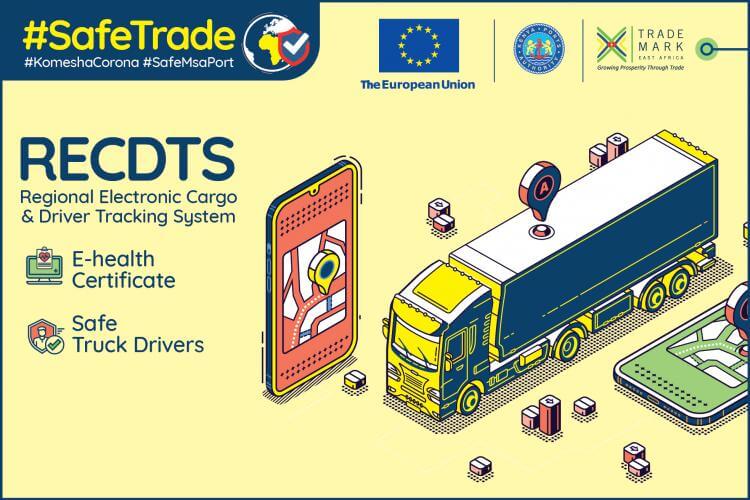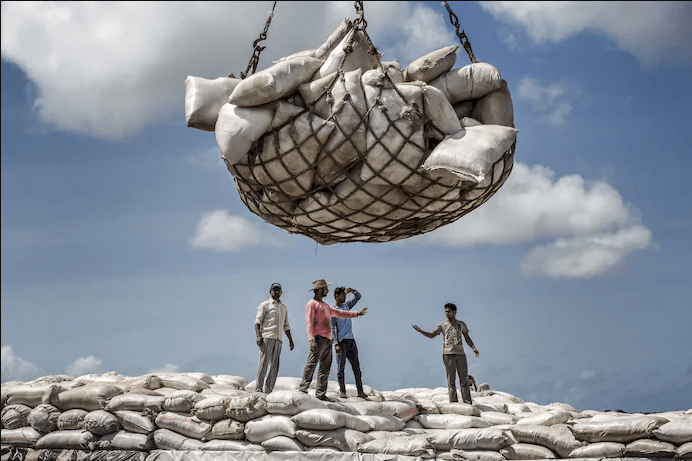NEW AFRICA BUSINESS NEWS (NABN) Accra, Ghana– The Common Market for Eastern and Southern Africa (COMESA), East Africa Community (EAC), and Southern African Development Community (SADC) have developed a regional electronic Corridor Trip Monitoring System (CTMS) which will allow cross border road transport operators, drivers, regulators and law enforcement agencies to record and monitor driver wellness data such as COVID-19 test results has been approved by the Tripartite group. The CTMS will also enable operators to track the driver, crew and truck movements against preapproved route plans. The CTMS is supported by the current legal and regulatory framework existing both at regional and national level, which include inter-alia: REC Treaties, Protocols and Agreements, Corridor Agreements, Bilateral Road Transport Agreements as well as National COVID19 regulations being implemented by Tripartite Member/Partner States. The system will eventually be reinforced by the legal provisions in the Tripartite Multilateral Cross Border Road Transport Agreement adopted by the Tripartite Sectorial Ministerial Committee on Infrastructure held in Lusaka in October 2019. Director of Infrastructure at COMESA Secretariat Mr. Baptiste Mutabazi revealed in Lusaka that the CTMS will enable operator, vehicle and driver information to be readily available along regional transport corridors at the roadside and at border posts to all regulatory and law enforcement agencies. New Africa Business News Africa’s Fastest Growing Global Newspaper. Forward www.newafricabusinessnews.com He added that the CTMS is being developed and deployed in a phased manner and was first released in June this year. It will be piloted on a section of the Trans...
COMESA, EAC, SADC Develops Regional Electronic Corridor Trip Monitoring System
Posted on: August 31, 2020
Posted on: August 31, 2020
























